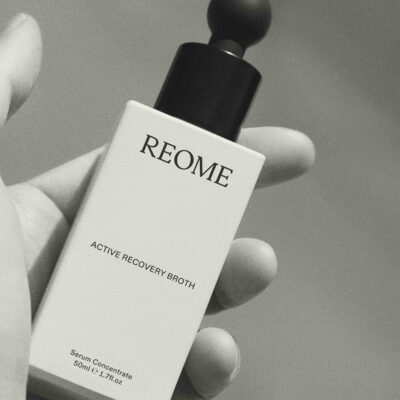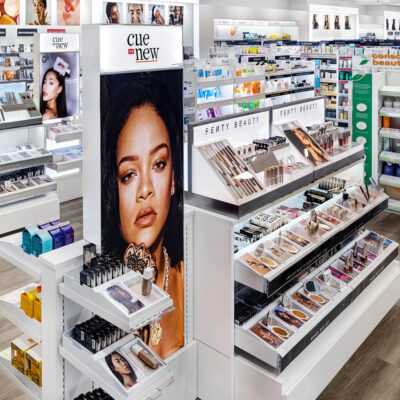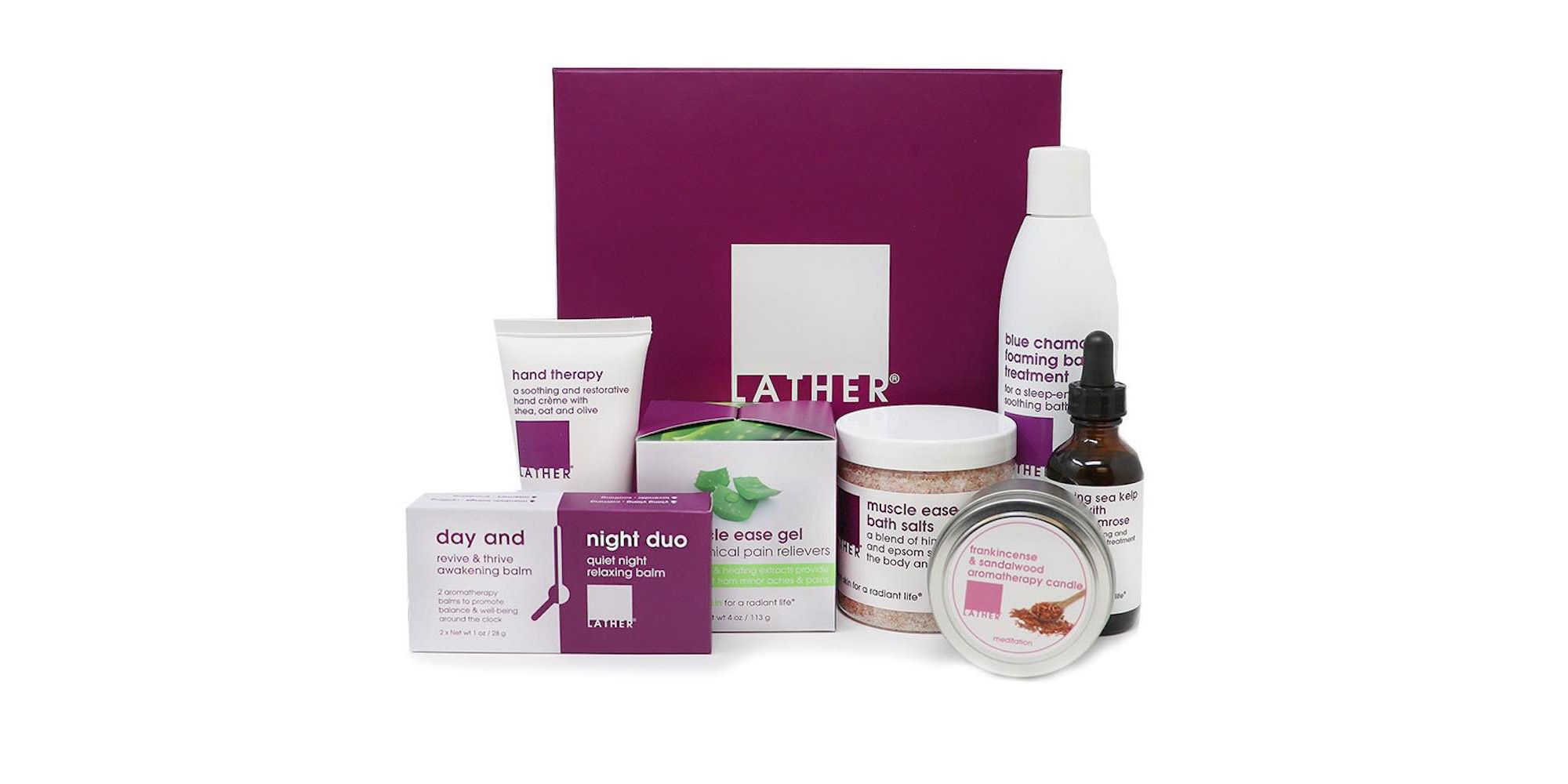
Brand Founders Look Back At A Strong Holiday Season To Look Forward To Later This Year
As the calendar flips from holiday shopping to holiday returns, indie beauty brands are beginning to reflect on the fourth-quarter rush to determine their strengths and sore spots in anticipation of planning for this year’s busy holiday season.
The general consensus is that holiday sales clocked in substantially higher than 2016, fueled by an encouraging economic climate, consumer hunger for indie alternatives to commercial giants and a rise in online purchases. According to Mastercard’s SpendingPulse, U.S. retail spending for the holidays climbed 4.9% from the same period a year earlier, but many indie brands recorded steeper ascents and registered double-digit percentage leaps.
“We have surpassed our goal,” says Lather founder Emilie Hoyt. “Sales remained consistently up across the quarter with Cyber Monday being our best day. We are seeing customers show an increasing interest in clean beauty and wellness, and we created gift sets and unique, limited-time offerings in price points that would serve the first-time Lather buyer as well as our long-time fans.”
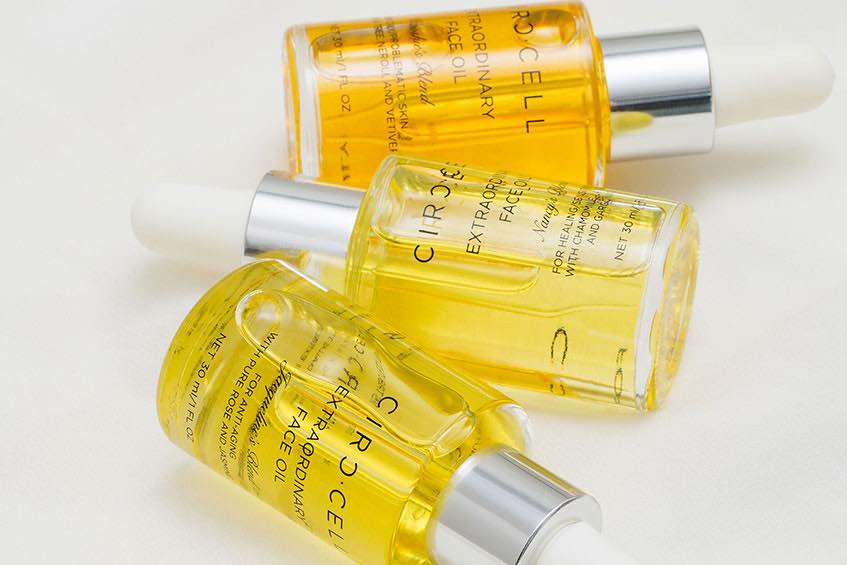
At Ursa Major, co-founder Oliver Sweatman shares the brand’s fourth-quarter sales soared around 70%. He attributes the hike to improved e-mail list segmentation, website loading, social media ads, joint marketing with retailers and inventory forecasting in addition to pent-up demand for premium natural products, free shipping during the holiday season and robust brand momentum.
Cocokind founder Priscilla Tsai reveals the brand’s holiday sales surged 400%, and special-edition products, exclusive discounts, email marketing, social media ads and deals at retail energized customers. “We noticed an increase in basket size. People were purchasing more items per order from late November to Christmas,” she says, explaining, “Our social media advertising for the holiday gift sets also drove the dollar total of baskets higher than previous seasons.”
Neveen Dominic divulges holiday sales for her namesake beauty brand advanced 15%. “The mood was different this year in that many of our customers made their purchases late in the holiday season. It was as if they were focusing on technological products first and foremost and, then, buying cosmetics once their big-ticket items were checked off on their lists,” she says. “I think this behavior was due to the recession, and luxury products were secondary this year.”
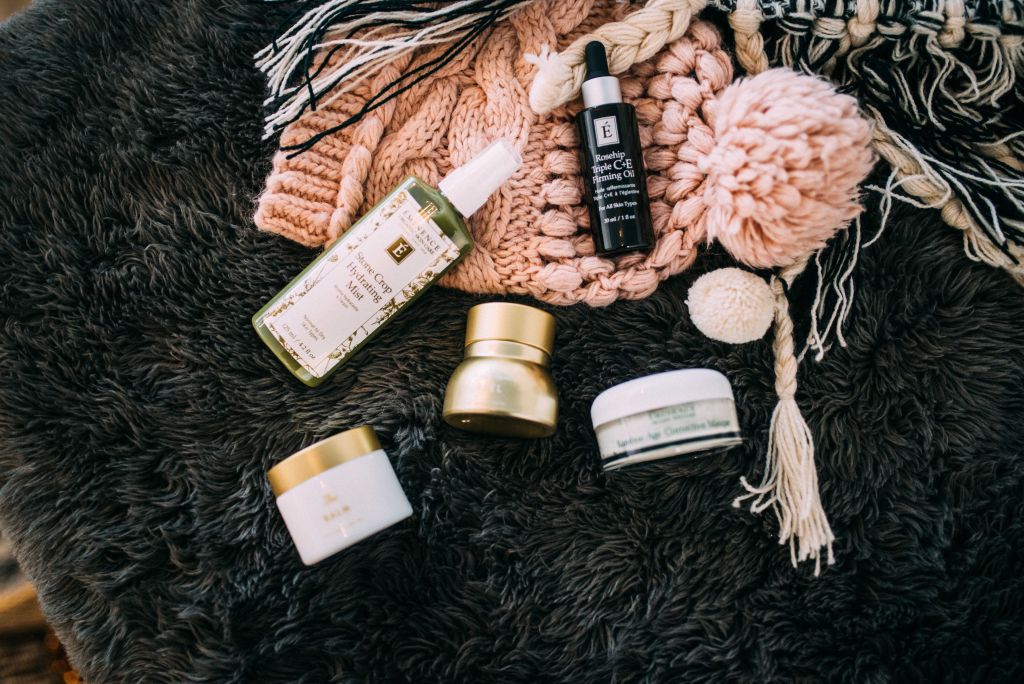
Timing is critical for businesses during the holiday season. While Dominic detected a sales flood late, several brand founders expressed a desire to jump into the shopping fray earlier to sidestep the discount clutter and familiarize customers with offerings. Maya Crothers, founder of CircCell, reasons, “Too many discount opportunities too close together tend to fall flat.”
Social media played a huge role in indie beauty brands’ holiday strategies. Holiday sales of Alchemy Face Bar and Alchemy Minerals skyrocketed 160% from November to Dec. 18, although numbers are skewed because the company was in its infancy during the holidays in 2016, and founder Bre Morris pointed to social media as a key driver. She details Alchemy had success with a digital approach that wasn’t overly salesy.
“We have focused more on our brand outreach and keeping the focus on how our clients will react to what we are selling or teaching online. Keeping it more about ‘How we can help you?’ rather than ‘This is really pretty! Look at what we do!,’” says Morris. “We also did a social media post about helping us pick a new name for our makeup line. This created such a fun buzz around what we are making next and how are followers can be involved in the process.”
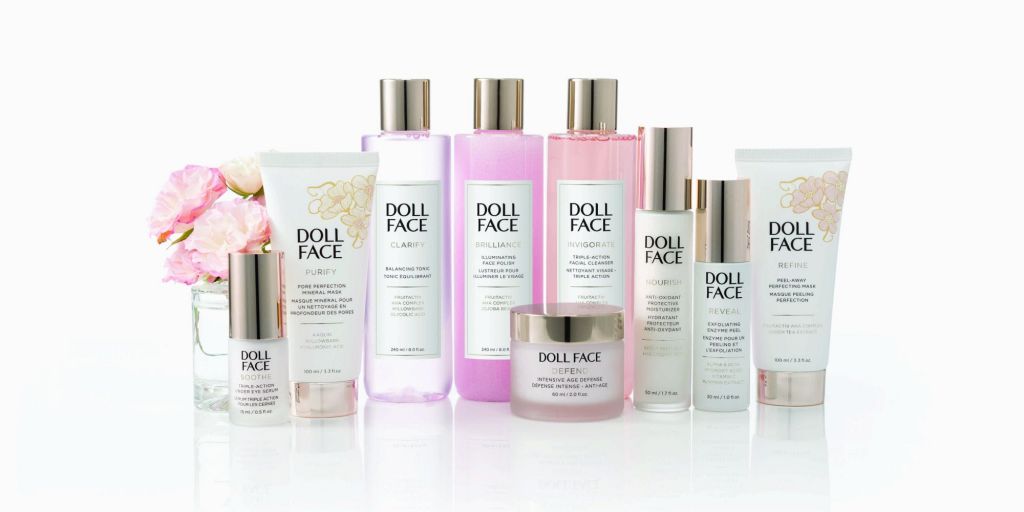
The brands Doll Face Beauty and Red Earth fruitfully harnessed influencers to thrust holiday revenues. Lisa Winarick, co-founder of Doll Face Beauty, reports a post-Thanksgiving influencer campaign amplified awareness and sales. Facebook ads were significant customer acquisition tools at Fatco and Winners Beard Co. Inc.
“Video and video ads were most effective on major social media networks,” says Winners Beard Co. founder Ryan Bear, who noted the brand started running social media ads in early November, but might start them sooner later this year. Discussing Cyber Monday and Black Friday discounts, he says, “We offered a 40% discount on our flagship product and also put in a small free gift. Consumers want to see substantial discounts and anything free always catches their eye.” Winners Beard Co.’s holiday sales skyrocketed at least 50%.
Proper coordination between retailers, brands and other important partners was a boon to holiday business, too. Andrea Barone, CEO and founder of Crystal Hills, says, “Planning and forecasting with our stockists regarding which products to bring in does work well as it sets the tone for their holiday success. Additionally, working closely with our PR agency was also very beneficial as they are able to get details on what editors are looking for.”
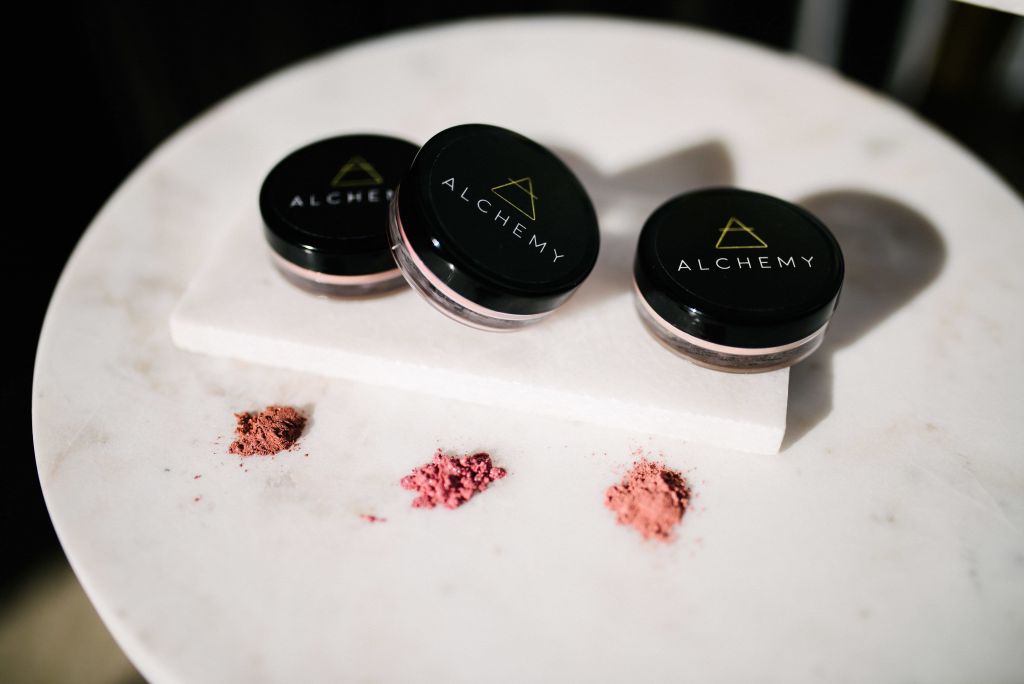
Looking forward to the end of this year, Barone forecasts persistent strength for indie brands. She says, “The holiday shopping season will be busier for all-natural beauty brands as more people discover the benefits of using holistic products and as the demand for indie brands increases.”



